
Unnecessary brain scans for complaints of headache and migraine becoming more popular, but are costly for the health care system.

Unnecessary brain scans for complaints of headache and migraine becoming more popular, but are costly for the health care system.
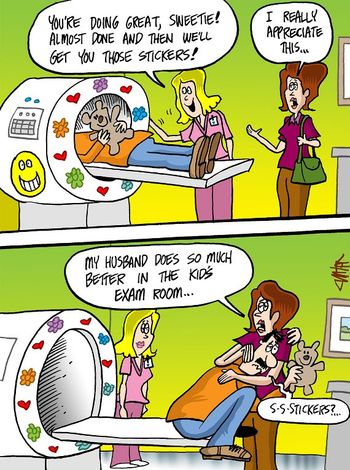
Patient fear of MRI is widespread.

Ultra-high-field 7-Tesla MRI of the brain detected abnormalities in the substantia nigra among subjects with Parkinson’s disease.

MRI of the carotid artery may help clinicians spot vulnerable plaque characteristics that could predict cardiovascular events among asymptomatic patients.

New MRI technique allows for accurate assessment of tumors in children without the radiation exposure of PET/CT scans.

Magnetic resonance imaging scanners are getting older, but the majority of imaging facilities are not yet seeking to replace them.

Screening breast MRIs should be considered for women with a personal history of breast cancer.

Cardiac magnetic resonance imaging may help clinicians predict future cardiac events among patients with coronary artery disease or recent MI.

Using whole-body diffusion-weight imaging for patients with myeloma may help clinicians determine the treatment response.

Magnetic resonance images that track developmental changes in a child’s brain may allow clinicians to predict future cognitive performance.
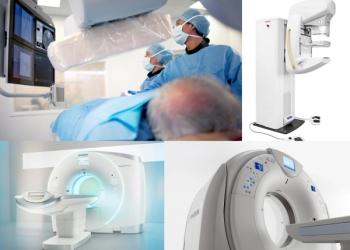
From lower dose to quieter, faster scans, technologies that enhance patient safety and experience will take center stage this year.

Early tracking of creatine using chemical exchange transfer MRI may help detect heart disease in very early stages.

A two-tiered approach with MRI to assess for hearing loss is more cost effective than comprehensive MRIs, but just as effective.

After a decade of increased use of breast MRI for screening and surveillance, its use has stabilized.

Siemens Healthcare announced FDA approval of their MAGNETOM Prisma, a 3T MRI scanner.

Brain magnetic resonance spectroscopy to measure brain chemical ratios in preterm infants may help determine which will have neurodevelopment problems.

Frequent use of gadolinium-based contrast medium may play a role in hypersensitivity in the brain of patients who undergo multiple MRIs.

CHICAGO - Three advancements in MR technology - PET/MR, MR elastography and so-called silent MR - are improving the modality’s effectiveness and ease-of-use.
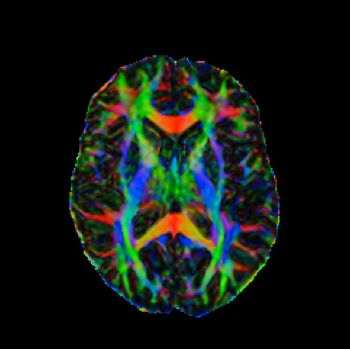
CHICAGO - Diffuse tensor imaging may help clinicians differentiate between mild traumatic brain injuries and post-traumatic stress disorder.
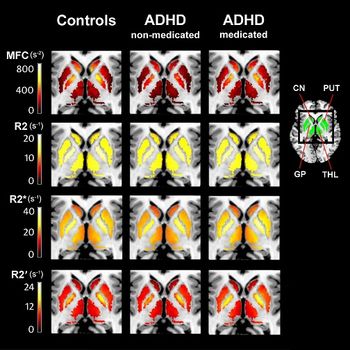
CHICAGO - Magnetic field correlation, a newer type of MRI, can detect low levels of iron in the brains of children and adolescents with ADHD who are ADHD medication-naive.
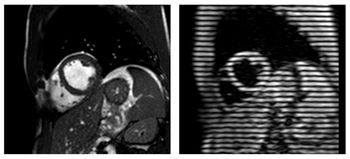
CHICAGO - Magnetic resonance images can detect significant strain on the heart following consumption of energy drinks high in caffeine and taurine.


Brain imaging helps detect effectiveness of pregabalin among patients with fibromyalgia.

More screening breast MRIs performed, but improvement in appropriate use still needed.
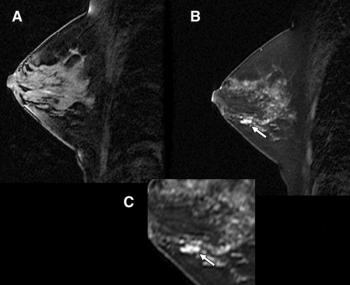
Breast cancer screening and surveillance MRI use increased significantly over a decade - but not among the women who need it most.